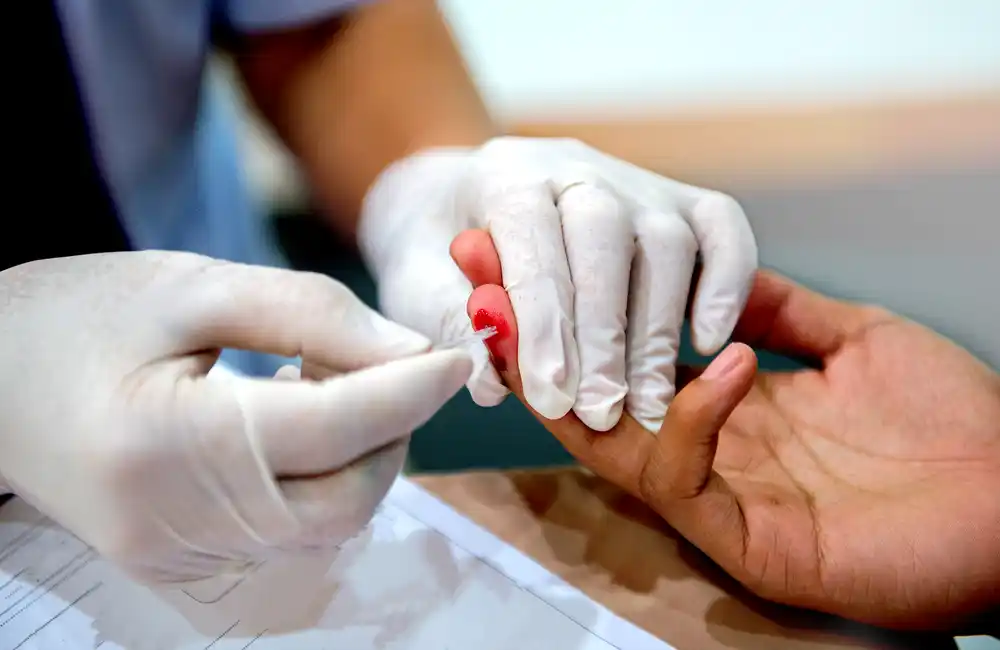

Reserve Bank of Malawi (RBM) deputy governor McDonald Mafuta Mwale says inflation rate, currently at 34.3 percent, will soon turn the corner as the central bank is seeing signs of easing pressure on prices.
Mafuta Mwale said in an interview yesterday that the economy has been experiencing inflationary pressures emanating from food prices at a time non-food inflation has eased to 21.8 percent, according to National Statistical Office figures.
Said Mafuta Mwale: “But we are quite aware that the government and donors have accumulated enough foodstuffs, including maize such that once distribution of these food items picks up speed coupled with RBM tight monetary policy, inflation will start decelerating.”
He said the RBM, Ministry of Finance and Economic Affairs and Ministry of Agriculture have put in place a coordinated action plan to ensure that inflation, a monster that eats into people’s disposable income, is contained to the expected levels.
“As a central bank, maintaining a tight monetary policy has helped to reduce spillover effects from the rising food prices to the non-food inflation. The bank is also carefully monitoring and analysing the potential impact of the current geopolitical conflicts in the Middle East to see that we proactively plan how we can cushion the economy from yet another external economic shock that can have adverse effects on our fight against local inflation pressures,” explained Mafuta-Mwale.
Economics Association of Malawi acting president Bertha Bangara Chikadza, in an interview, suggested a strong collaborative approach between monetary and fiscal authorities to manage inflation and stabilise the economy.
“The issue of imported inflation driven by currency depreciation, demands a coordinated effort to enhance domestic production,” she said.
Mzuzu University economics lecturer Christopher Mbukwa advised authorities to sort out supply side constraints alongside the monetary policy.
In its recent Monetary Policy report, RBM projected that annual inflation will be at 33.5 percent this year from 28.8 percent last year.








0 Comments